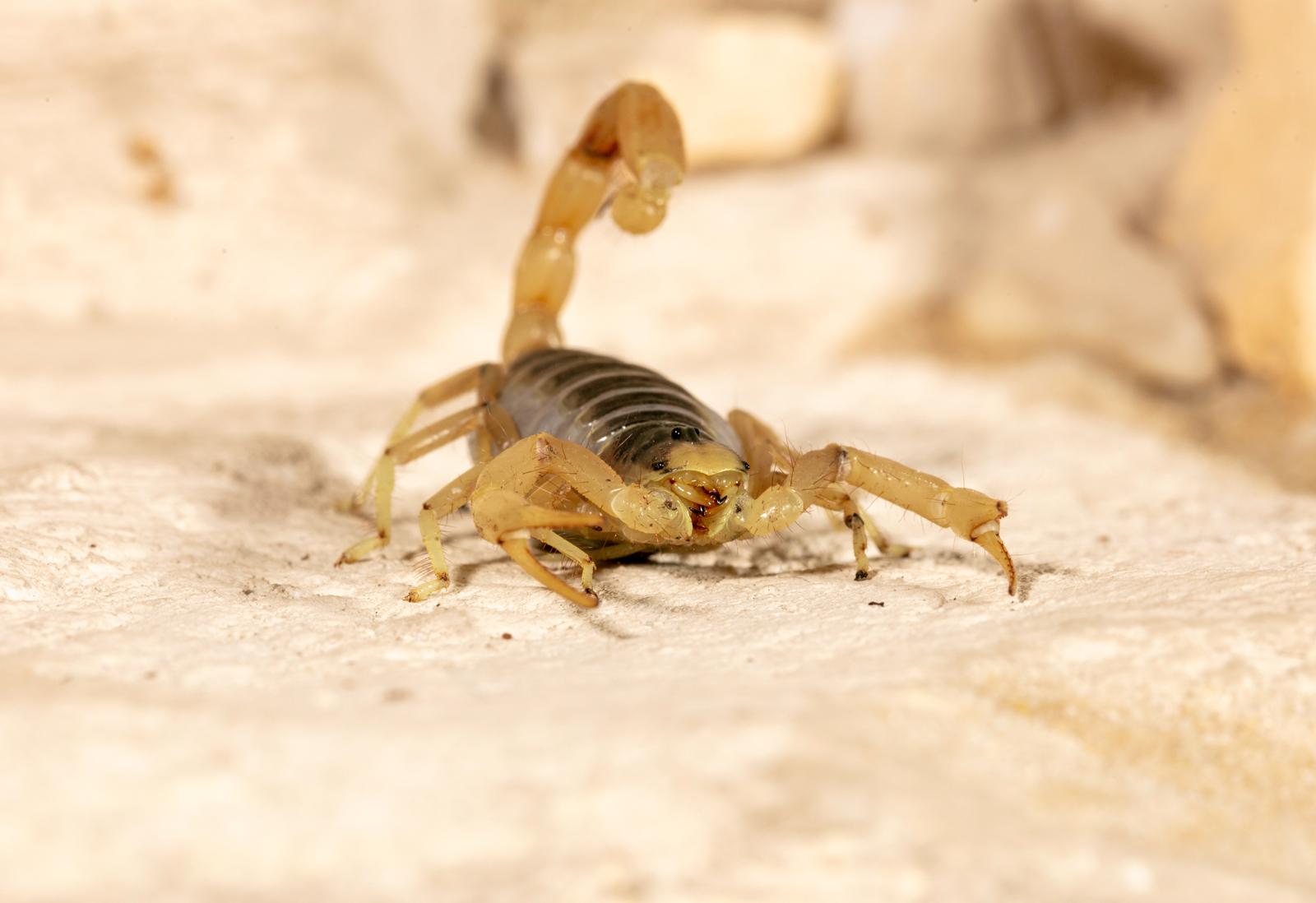Scorpions are one of Arizona’s most notorious desert pests, and their presence tends to increase with the arrival of warmer months. As these nocturnal creatures seek cool, sheltered spaces, homes become prime targets, especially those with gaps, moisture sources, and cluttered outdoor areas. The good news is that scorpion control doesn’t have to be reactive. By understanding their behavior and knowing what conditions attract them, homeowners can take proactive steps to reduce their chances of an unwelcome encounter.
Unlike insects that simply wander indoors, scorpions are skilled climbers and survivors, capable of squeezing through openings as small as a credit card’s thickness. Their sting, though not usually fatal, can cause intense pain or allergic reactions. This makes a targeted prevention strategy not just a convenience but a necessity for families, particularly those with children or pets.
 What Attracts Scorpions to Your Property
What Attracts Scorpions to Your Property
Scorpions typically enter homes in search of food, moisture, and shelter. Arizona’s desert environment creates the ideal breeding ground for these pests, but human habits and household structures can unintentionally invite them in.
Scorpions are drawn to:
- Cool, damp areas like bathrooms and basements
- Standing water from leaky hoses or irrigation
- Cracks in foundations, baseboards, and window frames
- Rock piles, firewood stacks, or clutter in the yard
- Insect prey such as crickets and cockroaches
Unlike other pests, scorpions do not nest in large groups, but a few in the right conditions can multiply into a broader issue. If your home attracts insects, scorpions are likely to follow. Understanding this chain reaction is critical to developing an effective prevention plan.
Essential Indoor Prevention Steps
Sealing the interior of your home is a cornerstone of scorpion control. These pests can access living areas through tiny cracks and crevices that may go unnoticed during routine cleaning or maintenance.
To minimize indoor access, homeowners should:
- Inspect and repair weather stripping around doors and windows
- Seal baseboards, outlets, and plumbing entry points with caulk
- Fix leaks and reduce indoor humidity in kitchens and bathrooms
- Keep storage areas organized and clutter-free to eliminate hiding spots
- Use yellow bug lights outdoors to reduce insect activity near doors
If you suspect that scorpions may already be inside, avoid lifting boxes or reaching into dark corners with your bare hands. Regular inspection of less-trafficked spaces like attics and closets can help you stay ahead of potential intrusions.
Outdoor Scorpion-Proofing Tactics
The exterior of your home plays a huge role in determining whether scorpions find it inviting. Landscape features, garden habits, and lighting choices can either deter or encourage their presence.
Focus on the following strategies:
- Remove debris such as firewood, stones, and brush that provide shelter
- Maintain trimmed vegetation to prevent scorpions from scaling walls
- Keep mulch thin and away from the base of the home
- Install mesh screens on vents and seal outdoor utility openings
- Set up low-voltage lighting or motion-activated systems to minimize nighttime insect activity
Creating a pest-free environment around your home significantly reduces the likelihood of scorpions migrating indoors. For more seasonal tips, see these insights on creating a pest-free backyard.
Signs You May Already Have a Problem
Scorpions are stealthy, which makes early detection challenging. However, certain signs suggest that you may already be dealing with an infestation. Knowing what to look for can help you take action before things escalate.
Common warning signs include:
- Frequent sightings indoors, especially at night
- Scorpion carcasses or molted exoskeletons in hidden areas
- Increased presence of insects that scorpions prey on
- Unexplained stings or allergic reactions in family members
Since these signs can sometimes be mistaken for other pest issues, a proper inspection is recommended to confirm the source and scale of the problem.
When to Consider Professional Help
While homeowners can take many steps toward prevention, complete scorpion control often requires professional support. Scorpions are incredibly resilient and can adapt to simple deterrents. Moreover, without eliminating their food supply or sealing all potential entry points, efforts may only provide short-term relief.
Professionals offer:
- Thorough property inspections and identification of scorpion hotspots
- Use of targeted products that are safe yet effective
- Habitat modification recommendations to limit shelter and food
- Integrated pest strategies that address both scorpions and their prey
Additionally, experts can explain the benefits and drawbacks of different methods, helping you make informed decisions about long-term solutions tailored to Arizona’s unique desert conditions.
Keep the Sting Away for Good
Arizona’s beautiful desert comes with unique challenges, but scorpions don’t have to be one of them. If you’re seeing warning signs or want peace of mind for the season ahead, don’t leave protection up to chance. Reach out to Panda Pest Control and take the first step toward a scorpion-free home with expert guidance and proven prevention techniques.


